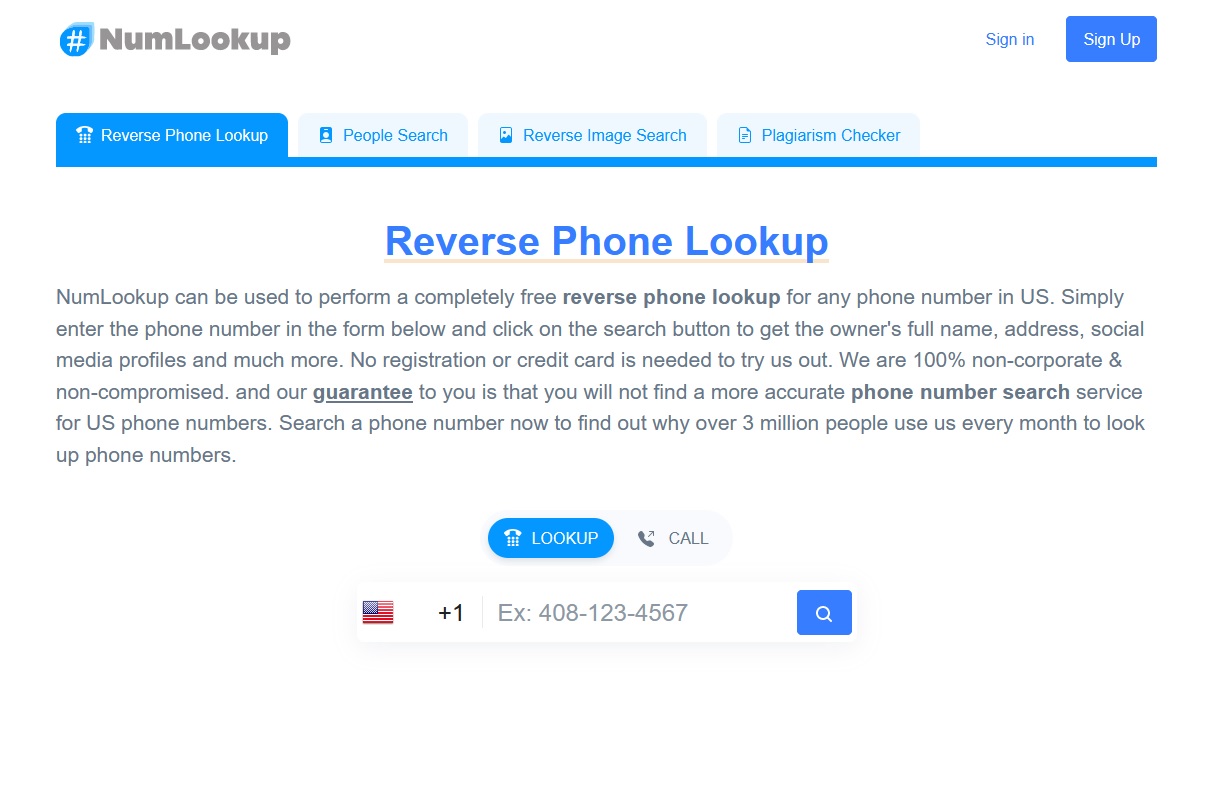In today’s world, where digital technologies dominate every aspect of our lives, the need for strong safeguards for cybersecurity has never been more critical.
Antivirus apps are critical to a solid personal cybersecurity strategy, especially for Android devices. Choosing the best antivirus app for Android is essential to safeguard your mobile device from cyber threats and promote a secure digital future.
THE Evolution of CYBER THREAT Design
Malware Variants and Sophistication
Malware is evolving at an alarming rate, with threat actors constantly developing sophisticated variants that can evade traditional security measures. This makes it increasingly difficult for individuals to protect themselves from malware attacks.
Increase in Ransomware Attacks
Ransomware attacks have become increasingly common in recent years, with the success of these attacks leading to a surge in their occurrence. Having an antivirus app for Android can help prevent ransomware attacks by inspecting files before they are opened. If a file is flagged as suspicious or contains malicious programming, the app prevents it from being opened or executed.
Targeted Attacks on Organizations and Private Devices
Threat actors are increasingly targeting specific victims with sophisticated attacks. These attacks are more difficult to defend against because they are tailored to the victim. High-profile individuals are particularly vulnerable to targeted attacks.
The Unavoidable Expansion of Attack Surfaces
Rise of Connected Devices (IoT)
IoT has expanded the attack surface, making it easier for threat actors to exploit vulnerabilities. Compromised IoT devices can access broader networks, leading to data breaches, disruptions, and physical risks.
Cloud Computing Vulnerabilities
Cloud computing has simplified the process of gathering and managing disparate volumes of data but has also introduced new security challenges. Cloud providers offer robust security measures, but misconfigurations and human errors can still expose sensitive data. It’s essential to establish a thorough strategy for cloud security to safeguard your data against leaks.
Social Engineering and Phishing Attacks
Human psychology is still a significant liability exploited by threat actors in social engineering attacks, which trick people into giving up their personal information or clicking on malicious links.
The Role of Antivirus Software
Detection and Prevention
Antivirus apps conduct immediate scans of files and programs to identify and remove malware before it can harm your device. Heuristic evaluation and behavioral tracking systems are used in modern antivirus solutions beyond the reliance on signature-driven detection methods. As a result, antivirus apps not only attempt to identify known threats but can also detect unusual activity that may indicate the presence of previously unknown malware entities.
Threat actors often try to infiltrate systems by tricking users into downloading malicious files or opening infected attachments. Antivirus software can help prevent these attacks by inspecting files before they are opened. If a file is flagged as suspicious or contains malicious programming, the software prevents it from being opened or executed.
Regular Updates
Antivirus apps, like any software, remain dependent on regular updates.
Antivirus providers continually scrutinize fresh samples of malware to formulate revised definitions. Updating your antivirus app helps reduce the danger posed by vulnerabilities through behavioral analysis and heuristics, which work together to recognize and hinder questionable actions.
Conclusion
As our reliance on information technology grows, so do the risks associated with cyber threats. Antivirus apps remain critical to digital security, providing essential protection against the ever-evolving landscape of malware, viruses, and hacker attacks. Individuals can better safeguard their valuable data and ensure a secure digital future by understanding its role, benefits, and how to choose the right solution.








Add Comment